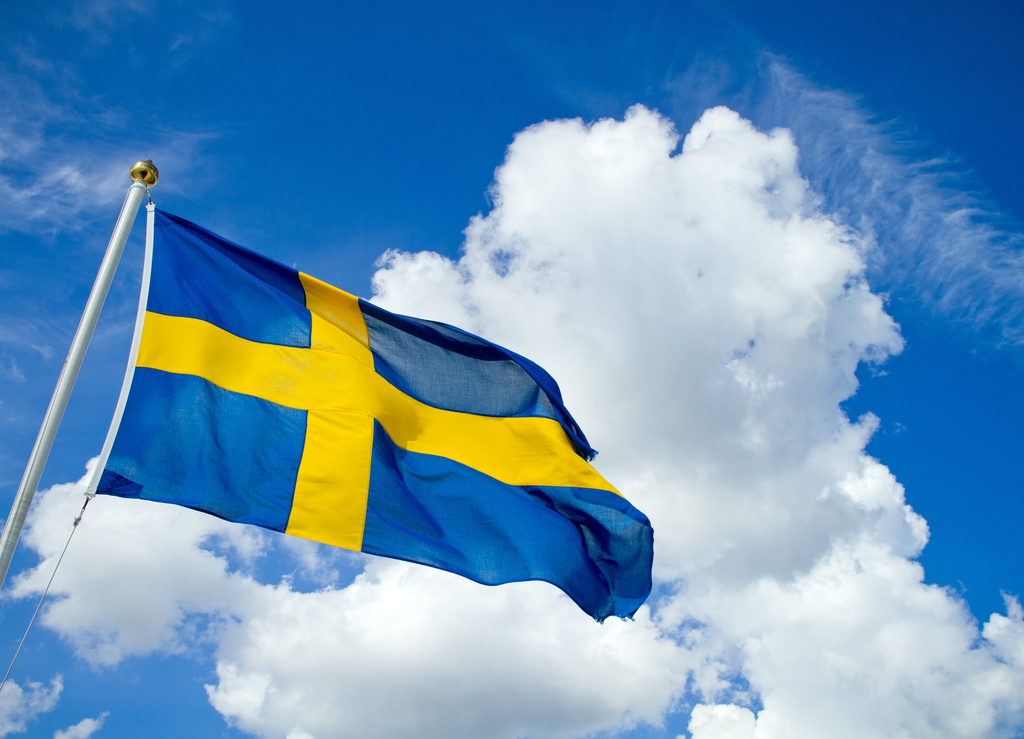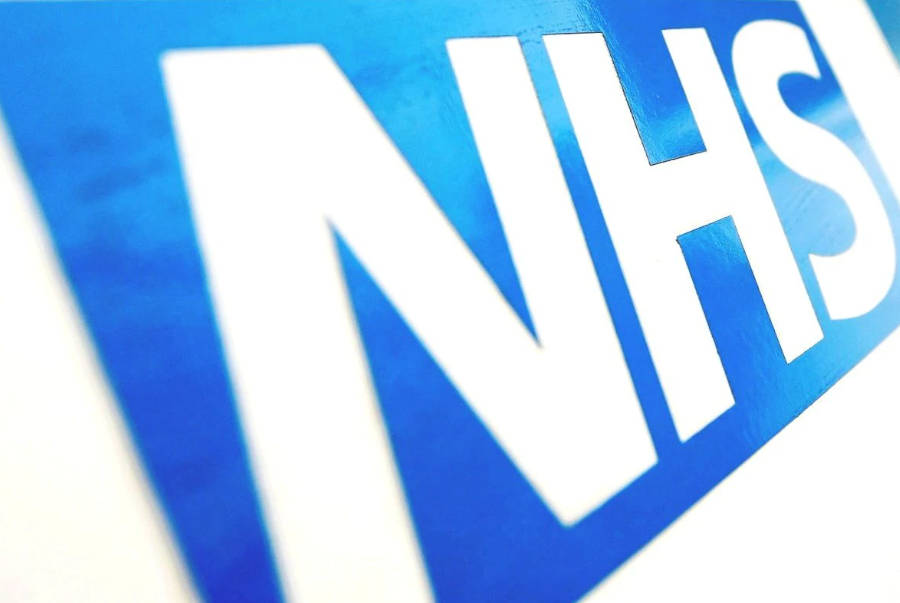- Women in Sweden constitute the majority of pathological gambling addicts
- The number of people at risk from developing gambling addiction has fallen
- Authorities demand more moderate advertisement efforts
Sweden’s gambling industry has exploded and amid the new gambling options’ arrival there has been interesting data trickling in about the rate of gambling participate and more specifically gambling addiction. As it turns out, women are more prone to gambling addiction than men.
In Sweden, Women Are More Likely to Be Gambling Addicts
Sweden has enjoyed an almost unchanged rate of gambling participation in 2018, but a new, and potentially worrying trend has emerged – the number of Swedish gambling addicts has risen and the main group to show signs of addiction has been women.
The county’s health authority, the Folkhalsomyndigheten, has published the results of a comprehensive study looking into the gambling habits of the nation in the pre-legalized market in 2018. More than 5,000 participants have been interviewed in the institution’s survey.
The results revealed that 58% of all participants have exercised some form of real money gambling, ranging from casinos, to scratch cards, to other. When scaled for the broader public, the results of the survey established that estimated 225,000 people were at a serious risk of developing gambling addiction or at least a problematic gaming behavior.
60% of all pathological gambling addicts in Sweden are women, a new survey commissioned by the Folkhalsomyndigheten has found out.
Despite a potential increase in the number of actual addicts, the results were much better in terms of how many people are at actual risk of becoming addicts. For example, in 2015, Sweden had around 332,000 people who were close to crossing the thin red line.
Again, in 2015 there were 134,000 problem gamblers and their number was 101,000 in 2018, but the problem was insofar as the really bad cases of addiction lied. Pathological gamblers increased to 45,000 in 2018, which was a very significant uptick from 2015, 31,000. Of those, estimated 60% were women, which surpasses previous estimate that men tended to be more vulnerable to the practice.
The Reasons Behind Sweden’s Increasing Gambling Addiction
Sweden has long been a no-man’s land when it comes to gambling. Some experts have hurried up to blame the latest figures on the expanding gambling network in the country, but this wasn’t the case until January, 2019 when your correspondent was in Malmo and saw the official launch of the industry.
The warnings about the rising number of pathological gamers hasn’t fallen on deaf years, with Sweden’s Minister for Public Administration Ardalan Shekarabi vowing to act against the aggressive iGaming adds that have been appearing on television.
Companies have already been warned that they will have to observe fair advertising practice or risk getting their licenses suspended – something that Sweden is serious about and prepared to enact without delays.
However, there has still been some uncertainty about the exact meaning of what a less aggressive advertisement means. Authorities have called for moderation, but nobody has really pin-pointed what a moderate amount of advertisement is.
In a market that is in a constant competition for players, it’s unlikely that businesses will be able to sort it out between themselves.




